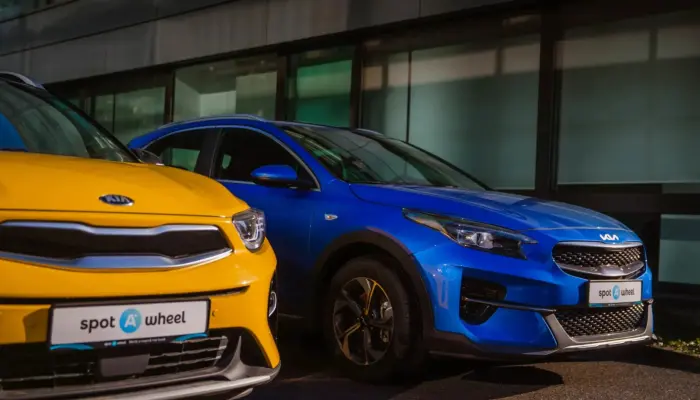One of the most common dilemmas when looking for a car is whether to choose new or used. Each category has its own pros and cons, with a new car seeming more reliable at first glance, while a used car seems more affordable. But how true is this, and which option is right for you?
In this article, we’ll analyze the strengths and weaknesses of each option to help you make the choice that’s right for you. Let’s get started!
1. Car Cost
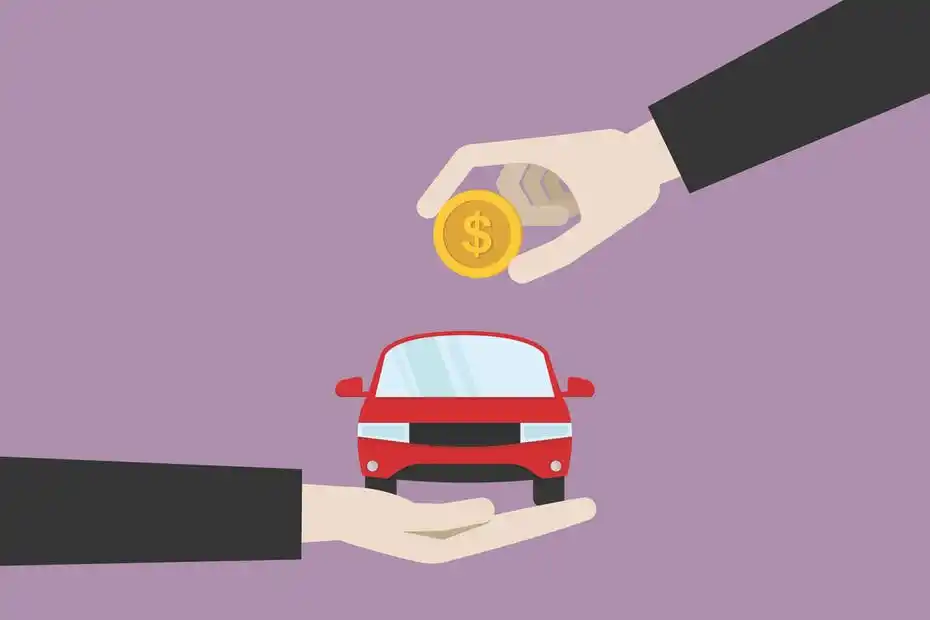
One of the key factors when buying a car (new or used) is price. Here, though, it’s important to make a distinction: on the one hand, the purchase cost of the vehicle, and on the other, its value as an asset. This assumes the discussion is about buying, not renting, in both cases.
Let’s start from the beginning: the purchase cost of a car is a key factor influencing how it’s bought. This is where most confusion arises. Many associate buying a new car with a more flexible and generous budget, and a used one with more limited funds. But is this really the case?
Initially, this statement is partly true, but not entirely accurate. As mentioned earlier, the depreciation of a new car's value should be considered. The losses significantly outweigh those for a used car. On average, a new car loses 15% to 35% of its original value in its first year, and three years after purchase from a dealer, its value can drop to 50%.
This makes choosing a used car automatically more advantageous, as, regardless of its model year, the vehicle has already lost a significant portion of its value. The first owner bears this "loss," not the person interested in buying it.
2. Customization or Full Package?
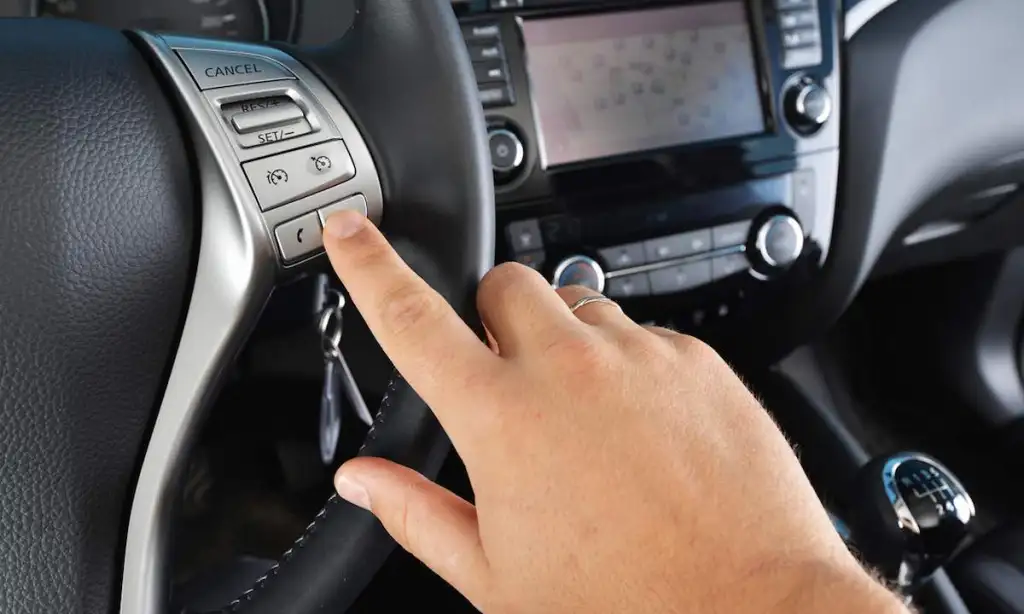
Perhaps the main advantage of buying a new car is the ability to customize it. As car manufacturers offer more options, customizing your own car becomes increasingly attractive. From color and transmission to modern systems and optical packages, you can configure your car as you like.
This extra equipment significantly increases the car’s initial cost. And while this option isn't available for used cars, this makes them competitive. After all, you can choose a used car with extra equipment without spending additional funds.
Of course, a fully equipped used car will retain a higher residual value compared to a similar model with basic equipment. However, the difference won’t be comparable to a new car. Thus, by buying a used car, you get most extra features for free.
3. Car Delivery Time
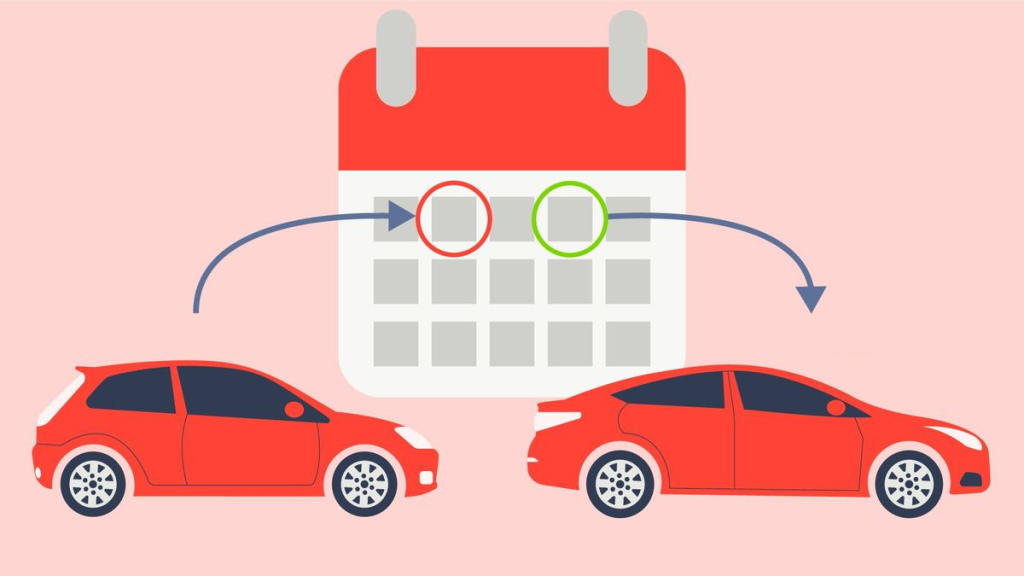
If recent years have shown anything, it’s the speed of the internet and online shopping, in contrast to traditional industry and commerce. How does this relate to the new or used car dilemma?
Of course, it’s the delivery time!
A new car now takes 6-12 months to deliver. From paperwork and bureaucracy to choosing and fully configuring the car, and transportation delays, buying a new car is a time-consuming process.
In contrast, a used car is ready for immediate delivery and requires less bureaucracy. Of course, even in this case, the process should be done properly and not compromise quality or guarantee it to the consumer. Beyond delivery times, a used car represents a flexible and straightforward process, which can be completed contactlessly and from the comfort of your home.
4. Warranty and Reliability
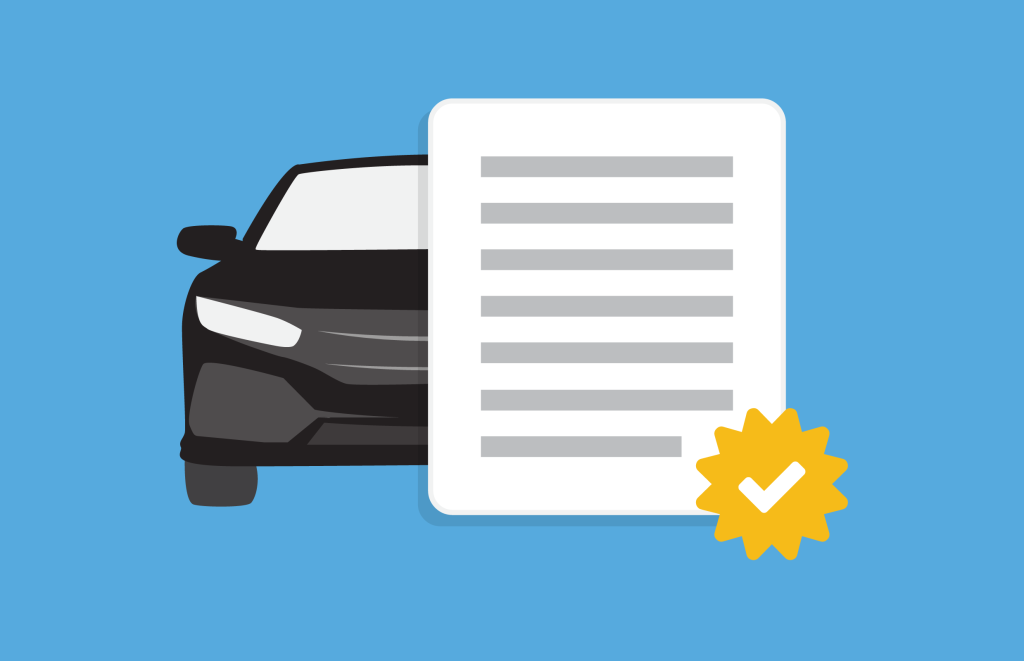
First of all, let’s establish that buying a new car from an authorized dealer is a reliable choice accompanied by appropriate warranties.
But what if you want to buy a used car without sacrificing reliability and the benefits of a new one?
In the used car market, you'll encounter many "opportunities" and questionable warranties, requiring special caution. You need to be aware and absolutely sure of what's guaranteed for used cars. After all, you’ll see many who advertise a warranty, but when you need it, the situation might be entirely different. Spotawheel is the only used car company in Europe that offers a free warranty of up to 5 years and certification of actual mileage!
5. Payment Options
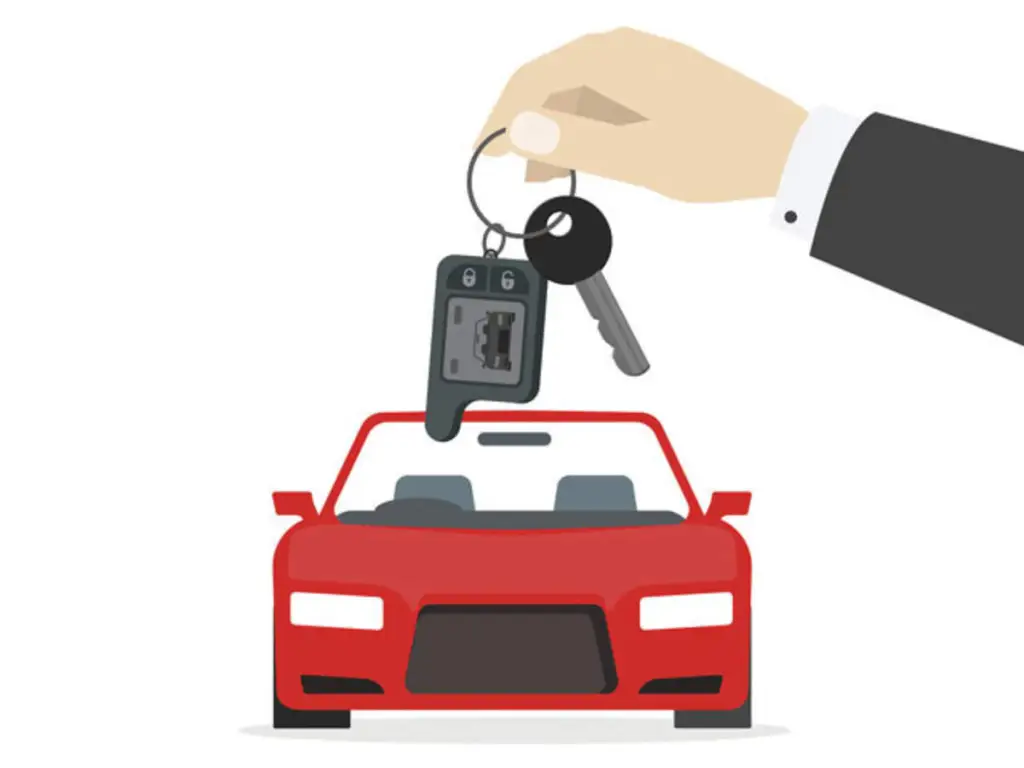
A new car offers more flexibility regarding purchasing and financing options, an area in which used cars previously lagged. Now, the situation has changed, and you can take out a loan to buy any used car, provided it's not privately owned and is less than 12 years old.
Financing and payment have become comparable to a new car, if not better, freeing your hands. The key is to do this wisely, after careful calculation of the ideal monthly payment for your car.
Paying for a used car has changed the game, making it even more advantageous for the consumer. There's one main difference from a new car. You no longer need to find a car first, then the required down payment and monthly amount. Now, you can simply decide on the desired monthly amount (and down payment if needed), then look for cars that match your financial needs. Simple and easy, you see only the cars that perfectly fit the amounts you've set.
Conclusion
Choosing between a new and used car is a purely subjective matter. The "reliability versus savings" dilemma no longer exists, as both markets have evolved. Combining the advantages and warranties of a new car with the price and equipment of a used one, buying a used car is no longer a last resort but the most conscious and reasonable choice of all.
